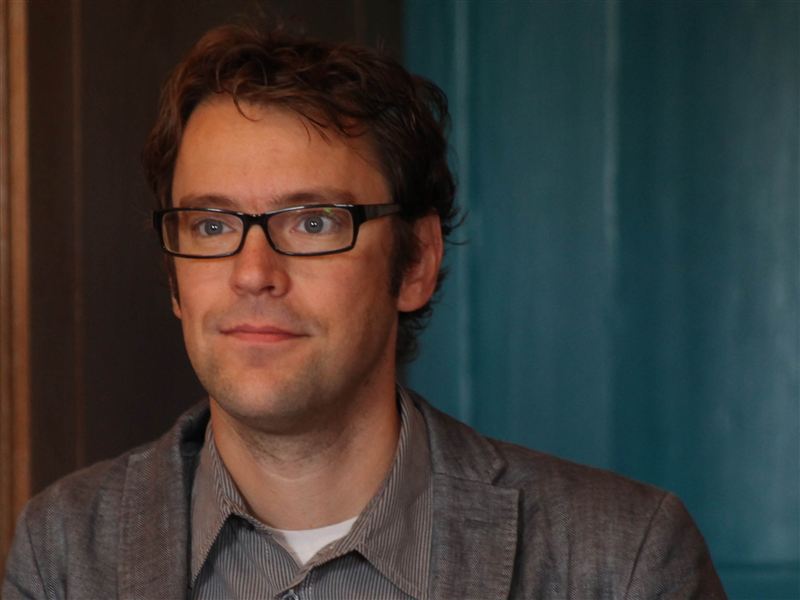lördag
aug302008
Mer från EEA: James Heckman om arv, miljö och sociala problem
 30 aug 2008, kl 10:46 |
30 aug 2008, kl 10:46 |  Lite väl akademiskt,
Lite väl akademiskt,  Samhälle och politik
Samhälle och politik
Äntligen en key-note talare som var riktigt intressant: James Heckman. (inget ont om första dagens rafflande ämne: icke-parametrisk skattning av svaga instrumentalvariabler...).
Titel: The Economics and psychology of inequality and development.
Med reservation för eventuella missförstånd från min sida (Heckman rev av sina powerpoints i minst 5 FPS kändes det som) är följande ett försök till sammanfattning:
Titel: The Economics and psychology of inequality and development.
Med reservation för eventuella missförstånd från min sida (Heckman rev av sina powerpoints i minst 5 FPS kändes det som) är följande ett försök till sammanfattning:
- I debatten om arv vs miljö börjar det nu bli konsensus kring att genetiska faktorer och miljöfaktorer interagerar och har kraftiga konsekvenser för utfall senare i livet.
- Ett taskigt biologiskt arv kan alltså motverkas - men det måste ske tidigt i livet (H. nämnde både upp till tre och sju års ålder)
- Heckman drog sig inte för formuleringar av typen 'how to create people' vilket säkert irriterar vissa.
A growing proportion of the U.S. workforce will have been raised in disadvantaged environments that are associated with relatively high proportions of individuals with diminished cognitive and social skills. A cross-disciplinary examination of research in economics, developmental psychology, and neurobiology reveals a striking convergence on a set of common principles that account for the potent effects of early environment on the capacity for human skill development.(Källa: Economic, neurobiological, and behavioral perspectives on building America"s future workforce, Heckman et al, Proceedings of the National Academy of Sciences of the United States of America, 2006)
Central to these principles are the findings that early experiences have a uniquely powerful influence on the development of cognitive and social skills and on brain architecture and neurochemistry, that both skill development and brain maturation are hierarchical processes in which higher level functions depend on, and build on, lower level functions, and that the capacity for change in the foundations of human skill development and neural circuitry is highest earlier in life and decreases over time.
These findings lead to the conclusion that the most efficient strategy for strengthening the future workforce, both economically and neurobiologically, and improving its quality of life is to invest in the environments of disadvantaged children during the early childhood years.

Reader Comments